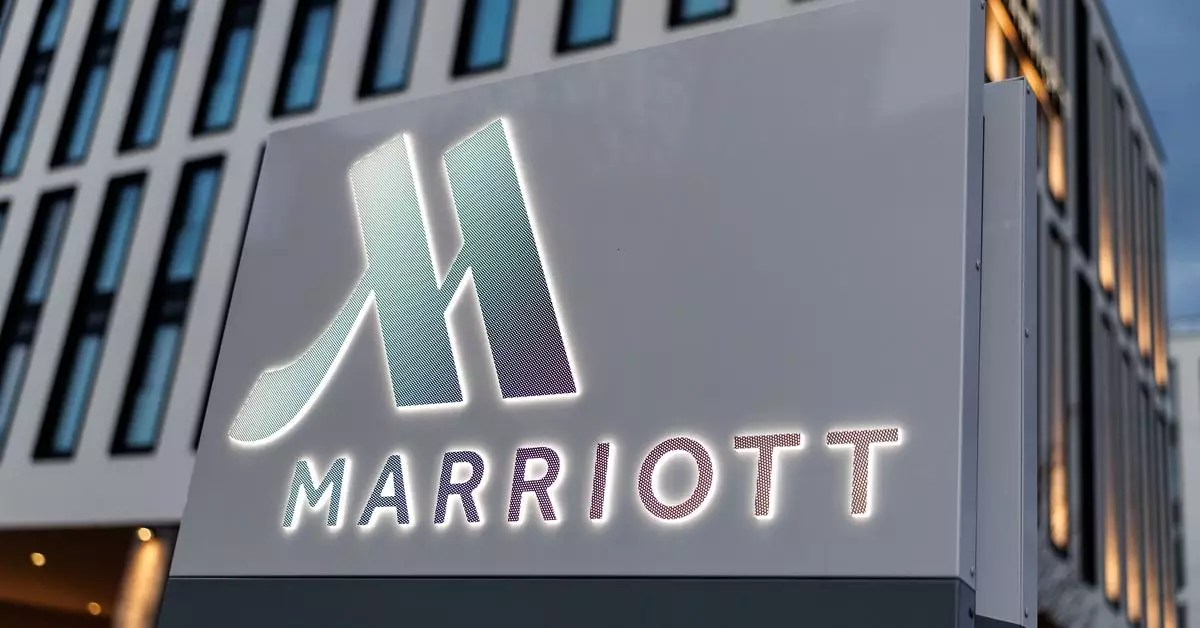In an age where data is currency, Marriott International has found itself at the epicenter of a severe digital security crisis, prompting significant regulatory action from the Federal Trade Commission (FTC). Following a series of staggering data breaches spanning the years 2015, 2018, and 2020 – which cumulatively impacted over 344 million customers globally – the FTC finalized an order mandating enhanced cyber protections for Marriott and its subsidiary, Starwood Hotels. Each breach, some lasting years undetected, served as a grave reminder of the vulnerabilities that exist within major corporations, especially in industries relying heavily on customer data.
The gravity of these lapses in security is underscored by the nature of the information leaked – personal passport details, payment card numbers, and other sensitive data were at risk. The long duration of these breaches, notably one extending for four years, raises troubling questions about the mechanisms for detecting and preventing such incursions. The impact on consumer trust is vast and multifaceted; as people become aware of these cybersecurity failures, their perception of Marriott’s ability to protect their privacy is inevitably called into question. Coupled with recent headlines about ransomware attacks affecting other hospitality giants, the entire sector appears vulnerable, pushing customers to reconsider their choices.
In response to these significant failures, the FTC’s order outlines a stringent framework that Marriott must now adhere to. This includes the establishment of clear data retention policies, ensuring that customer information is kept only as long as necessary before deletion, and implementing measures that facilitate easier requests for the deletion of personal information. Additionally, the order prohibits the companies from making misleading statements regarding the safeguards they have in place for customers’ data. The obligation to maintain records of compliance and submit to periodic FTC inspections reflects a shift towards accountability that is crucial in this modern digital landscape.
Marriott’s struggles are not isolated incidents, as they represent broader systemic issues facing the hospitality and tech industries at large. Hackers see hotels as lucrative targets due to the wealth of personal information they gather. The incident involving MGM Resorts, which recently faced a similar cyberattack leading to chaos at check-in counters, further illustrates this vulnerability. As officials like FTC Chair Lina Khan face the repercussions of these breaches personally, it indicates a more extensive vulnerability across the sector, prompting a conversation about robust cybersecurity practices.
As we move forward, it is imperative for corporations to not only comply with new regulatory standards but also to foster a culture of transparency and proactive security engagement. The FTC’s intervention should serve as a catalyst for all companies—particularly those handling sensitive personal data. Strengthening defenses and earning back consumer trust will be critical as the lines of digital privacy continue to blur in a world where data is continuously collected and analyzed. By taking these steps, businesses can help shield themselves—and their customers—from future vulnerabilities, fostering a more secure digital environment.


Leave a Reply